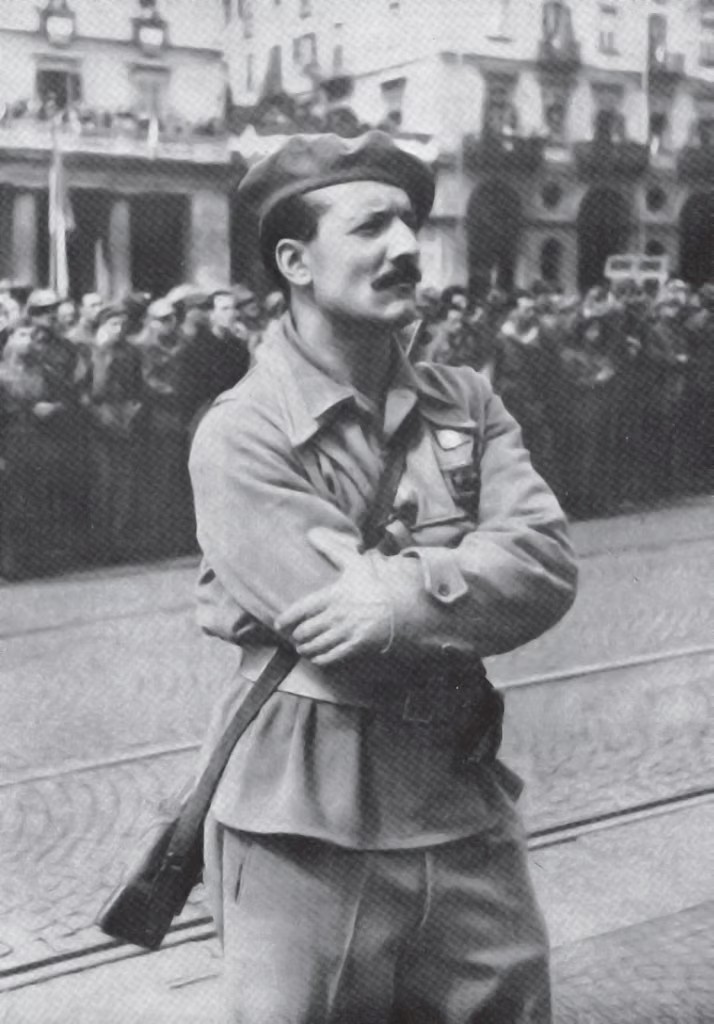The Allies liberated Sicily before 8 September 1943, therefore the region was not involved in the Resistance struggle.
There were, however, forms of protest against the German forces, such as the uprising in Mascalucia where on 3 August 1943 the Amato family took up arms and part of the population followed.
Sicily contributed to the Resistance above all through the many Sicilians who took part in the north: soldiers unable to return to the military, anti-fascists, and recalled fighters chose to rebel, making a total of 6,291 people.
There were more than 1,000 casualties, and 12 gold medals, 20 silver, and 10 bronze were awarded. Many died during the massacres in the Fosse Ardeatine, Maiano Lavacchio, Benedicta, Fondotoce, Piazzale Loreto, Bologna and Belluno.
Among the almost 800 deportees, Calogero Marrone, who saved many Jews, died in Dachau Camp. Vincenzo Lastrina, an informer for the Committee for National Liberation (CLN, anti-Nazi Resistance movement), died in Mauthausen Camp.
Among the partisan commanders who fell were Salvatore Auria in Romagna, the ‘Fratelli Di Dio’ (Brothers of God) in Ossola, Roberto Malan in Valle Pellice, Emanuele Lena in Brescia, Angelo Aliotta in Piacenza, Giacomo di Crollalanza in Parma, Francesco Martelli in Friuli, Eolo Boccato in Polesine, and Mario Ghy in Turin. Graziella Giuffrida, a teacher in Genoa who came from Catania, was tortured by the Nazis and thrown into one of the pits on the Rocca dei Corvi.
Among the surviving partisans were Pompeo Colajanni ‘Barbato’, commander of the Garibaldi formations and protagonist of the liberation of Turin; Luigi Scimè, commander of the partisans who liberated Mondovì; Gino Cortese ‘IIio’, political commissar of the 47th Garibaldi in the Parma area; and Gaspare Morello president of the CLN in Fermo. Additionally, Riccardo Lombardi of Enna was the first Prefect of liberated Milan, and Girolamo Li Causi was a member of the Committee of National Liberation for Northern Italy (CLNAI), and promoter of the Milan strikes of 1944. The latter returned to Sicily, where he became the first secretary of the post-war Italian Communist Party (PCI).
Among those who continued their political career after the war were Filippo Rizza, Mayor of Modica, and Salvatore Di Benedetto, Mayor of Raffadali.
